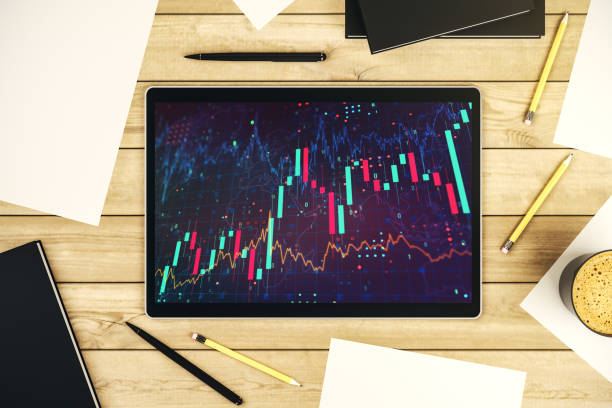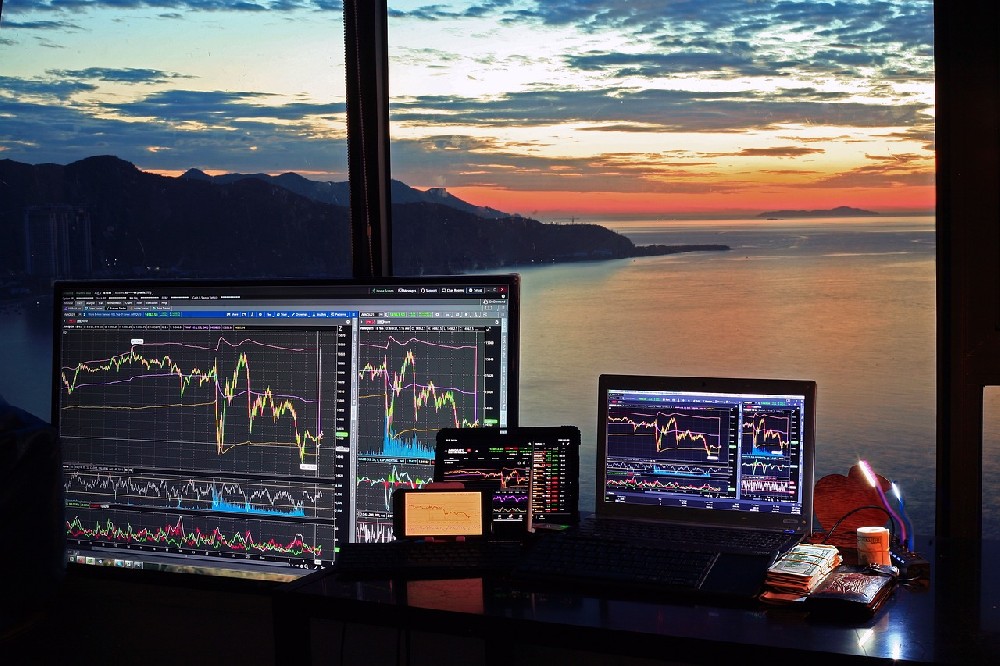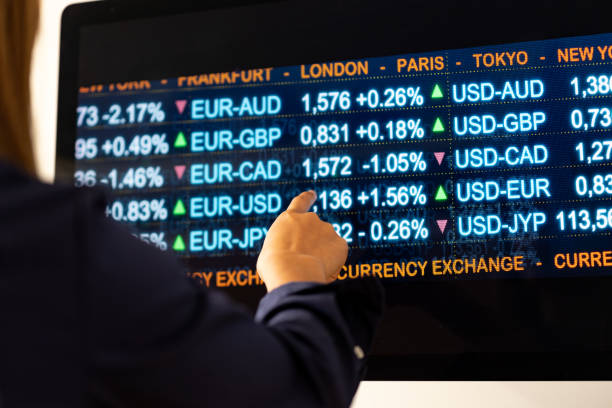Futures trading is a form of financial speculation that involves buying and selling contracts that represent the future delivery of an asset, such as a commodity, a currency, an index, or a stock. Futures traders aim to profit from the price movements of the underlying asset, without actually owning or delivering it.
However, futures trading also involves significant risks, as the price of the underlying asset can fluctuate unpredictably and rapidly. Therefore, futures traders need to review their trading regularly and systematically, to evaluate their performance, identify their strengths and weaknesses, and improve their skills and strategies.
Some of the steps that futures traders can take to review their trading are:
Keep a trading journal: A trading journal is a record of all the trades that a trader makes, including the entry and exit prices, the date and time, the contract size, the profit or loss, and the rationale behind the trade. A trading journal can help traders to track their progress, analyze their results, and learn from their mistakes.
Use performance metrics: Performance metrics are quantitative measures that can help traders to assess their trading efficiency and profitability, such as the win rate, the risk-reward ratio, the expectancy, the drawdown, and the return on investment. Performance metrics can help traders to compare their performance against their goals, benchmarks, or peers, and to identify areas for improvement.
Review trading charts: Trading charts are graphical representations of the price movements of the underlying asset and the futures contract, as well as the indicators and tools that traders use to analyze and execute trades, such as trendlines, moving averages, Fibonacci retracements, and oscillators. Trading charts can help traders to visualize their trades, spot patterns and trends, and refine their trading system.
Seek feedback: Feedback is the information and advice that traders receive from other sources, such as mentors, coaches, peers, or online communities. Feedback can help traders to gain new perspectives, insights, and tips, and to overcome their biases, blind spots, and challenges.
These are some of the steps that futures traders can take to review their trading, but they are not the only ones. Futures trading is a complex and dynamic activity that requires continuous learning and improvement. Futures traders should always do their own research and analysis, and follow the rules and practices of futures trading, such as regulation, membership, contracts, trading, and risk management. By doing so, they can enhance their trading efficiency and profitability.







